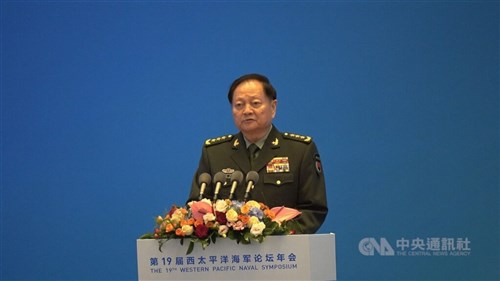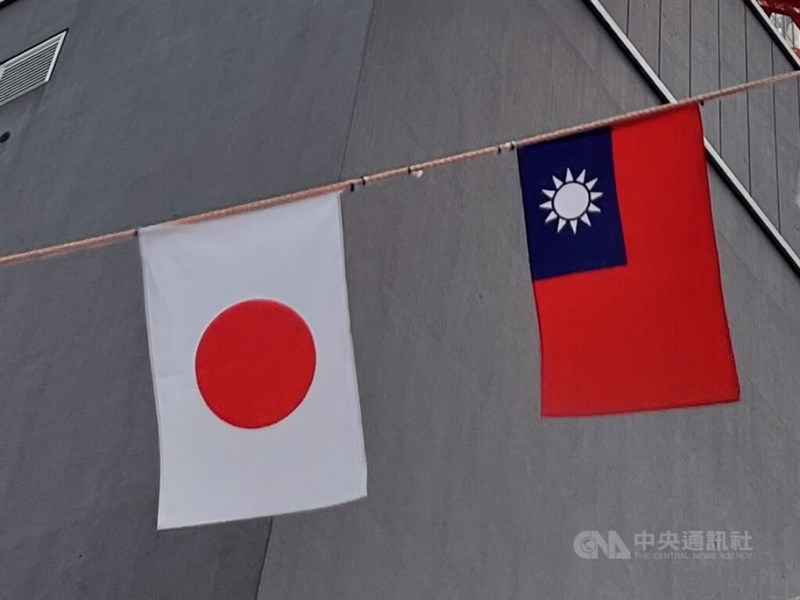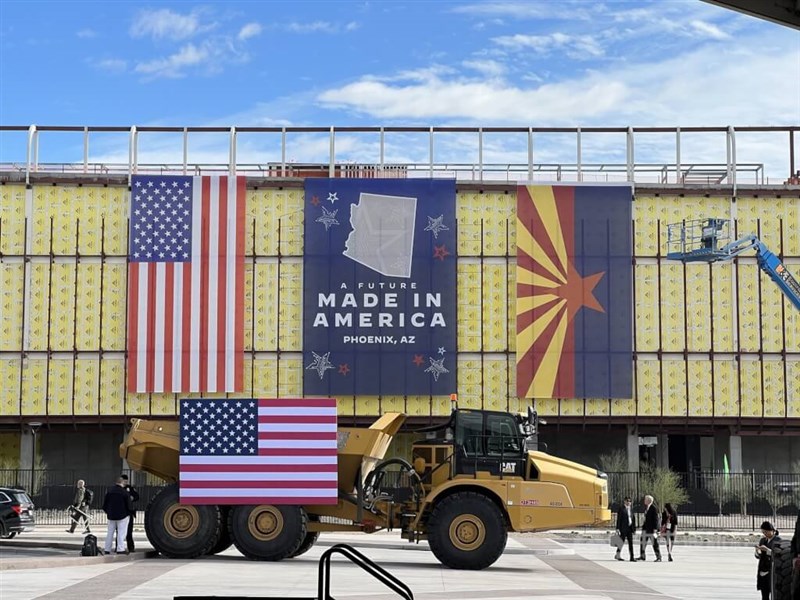ANALYSIS / Trump's threatened tariffs may affect industries in both U.S., Taiwan: Experts
02/13/2025 05:32 PM
United States President Donald Trump has threatened to impose tariffs on Taiwan's semiconductor exports to encourage the reshoring of chip manufacturing, but experts are questioning his strategy, warning it could harm industries on both sides.
(Full text of the story is now in CNA English news archive. To view the full story, you will need to be a subscribed member of the CNA archive. To subscribe, please read here.)
More in ANALYSIS
-
![Xi's military purge raises Taiwan miscalculation risk: Experts]() Xi's military purge raises Taiwan miscalculation risk: ExpertsChinese President Xi Jinping's (習近平) ongoing purge of senior military leaders, most recently targeting top general Zhang Youxia (張又俠), could help him consolidate power and potentially increase the risk of strategic miscalculation over Taiwan, according to experts.01/27/2026 09:31 PM
Xi's military purge raises Taiwan miscalculation risk: ExpertsChinese President Xi Jinping's (習近平) ongoing purge of senior military leaders, most recently targeting top general Zhang Youxia (張又俠), could help him consolidate power and potentially increase the risk of strategic miscalculation over Taiwan, according to experts.01/27/2026 09:31 PM -
![Japan vote a 'high-stakes gamble' of importance to Taiwan: Experts]() Japan vote a 'high-stakes gamble' of importance to Taiwan: ExpertsWidely seen as the most Taiwan-friendly Japanese prime minister since Shinzo Abe, Sakae Takaichi dissolved the House of Representatives on Friday three months after taking office, setting the stage for a snap election on Feb. 8 as she attempts to consolidate her leadership.01/24/2026 05:55 PM
Japan vote a 'high-stakes gamble' of importance to Taiwan: ExpertsWidely seen as the most Taiwan-friendly Japanese prime minister since Shinzo Abe, Sakae Takaichi dissolved the House of Representatives on Friday three months after taking office, setting the stage for a snap election on Feb. 8 as she attempts to consolidate her leadership.01/24/2026 05:55 PM -
![Not time to worry about TSMC's reported expansion in U.S.: Experts]() Not time to worry about TSMC's reported expansion in U.S.: ExpertsSpeculation surrounding Taiwan Semiconductor Manufacturing Co.'s (TSMC) potential expansion in the United States should not be overinterpreted, as structural and economic constraints mean such moves are unlikely to weaken Taiwan's central role in advanced chipmaking in the near future, experts said.01/15/2026 08:19 PM
Not time to worry about TSMC's reported expansion in U.S.: ExpertsSpeculation surrounding Taiwan Semiconductor Manufacturing Co.'s (TSMC) potential expansion in the United States should not be overinterpreted, as structural and economic constraints mean such moves are unlikely to weaken Taiwan's central role in advanced chipmaking in the near future, experts said.01/15/2026 08:19 PM
Latest
-
Society
Cold front to hit Taiwan Saturday, with chance of snowfall
02/06/2026 09:34 PM -
Politics
'Taiwanese' office name a tactical mistake but not wrong: Lithuanian lawmaker
02/06/2026 08:30 PM -
Culture
-
Politics
CSBC aims to deliver first submarine prototype before end of June
02/06/2026 08:11 PM -
Society
Taipei finalizes NT$12.2 billion royalty deal with Nvidia
02/06/2026 07:45 PM


